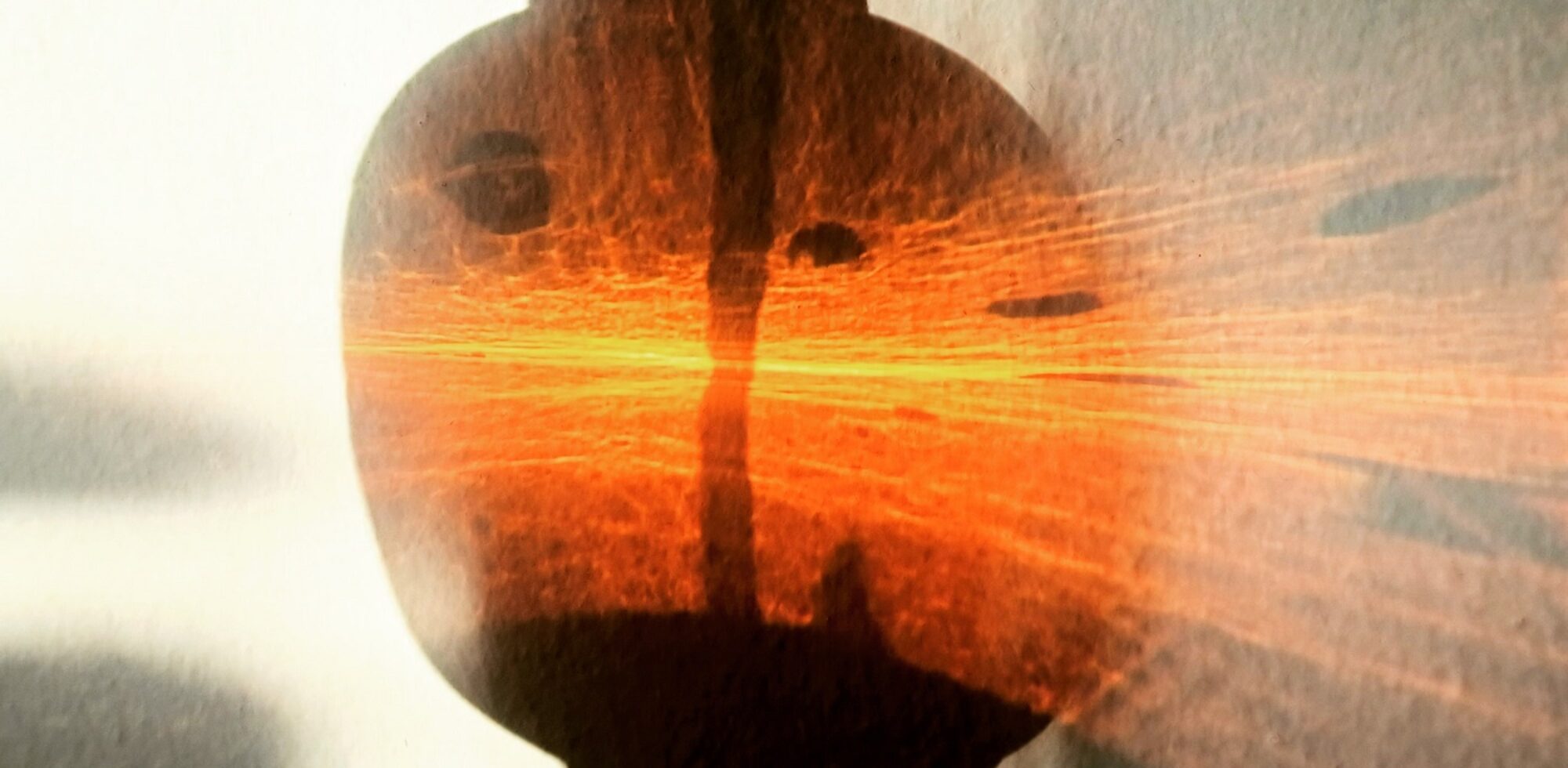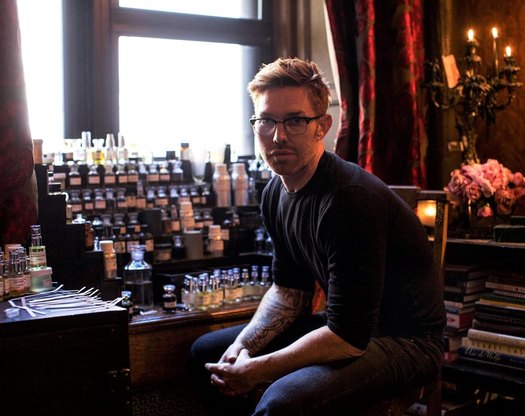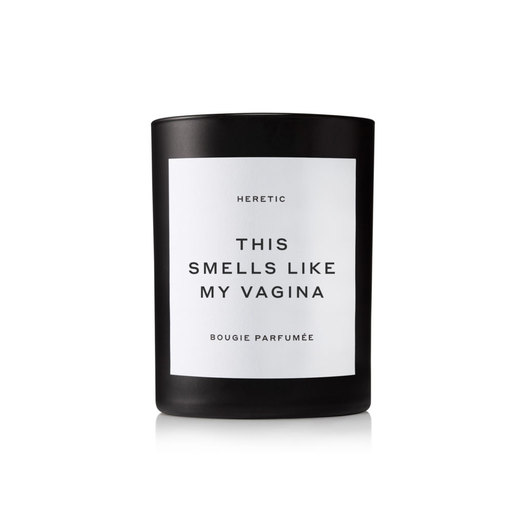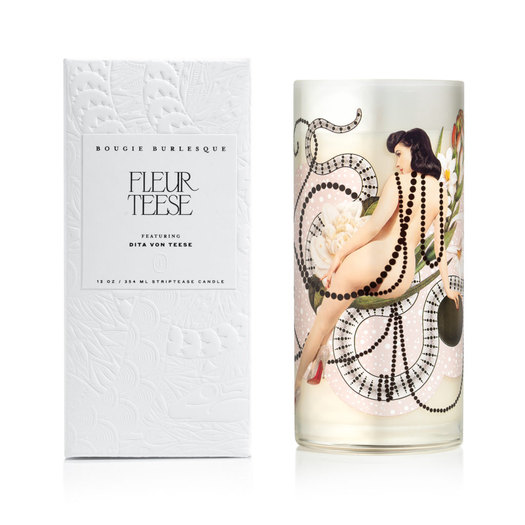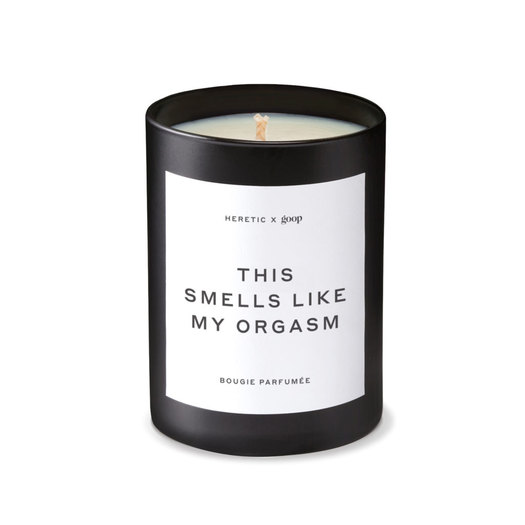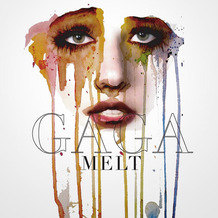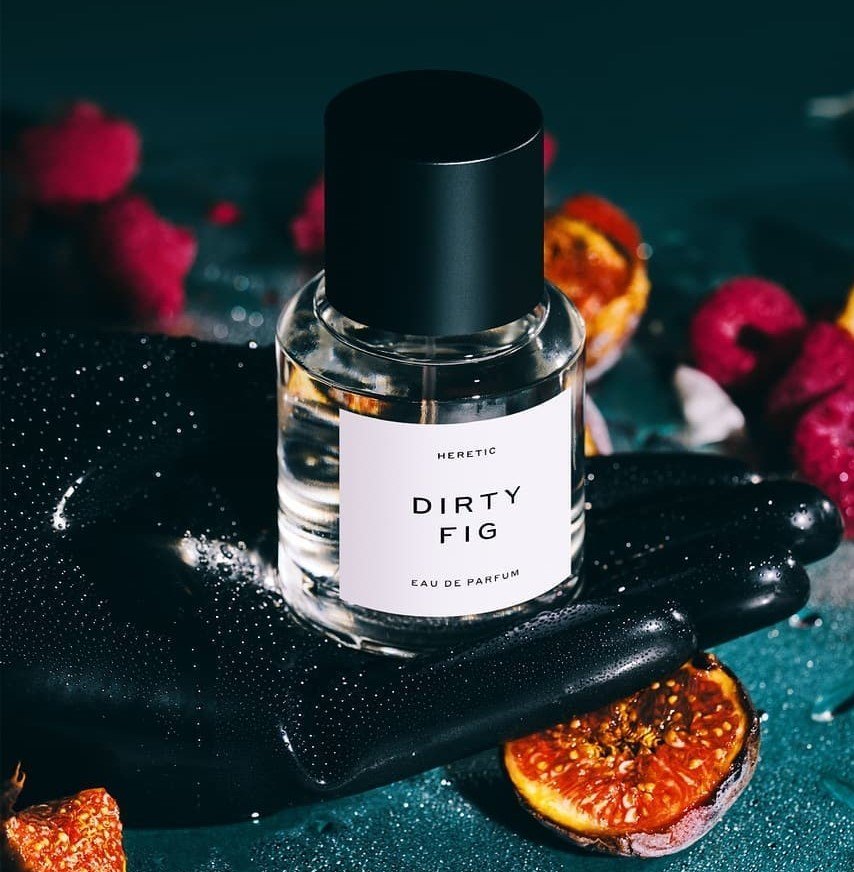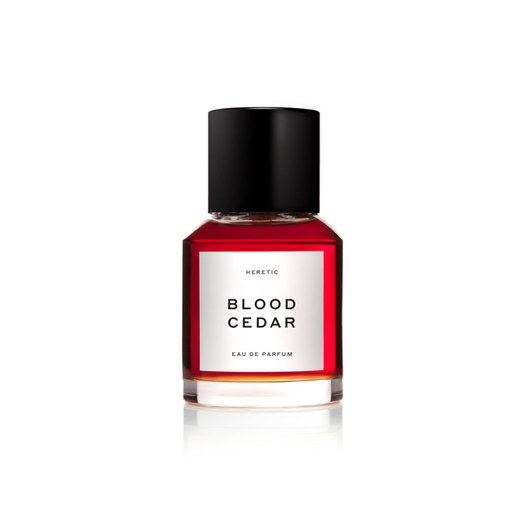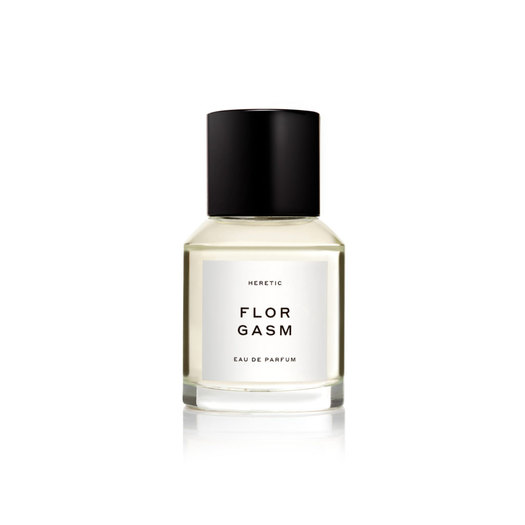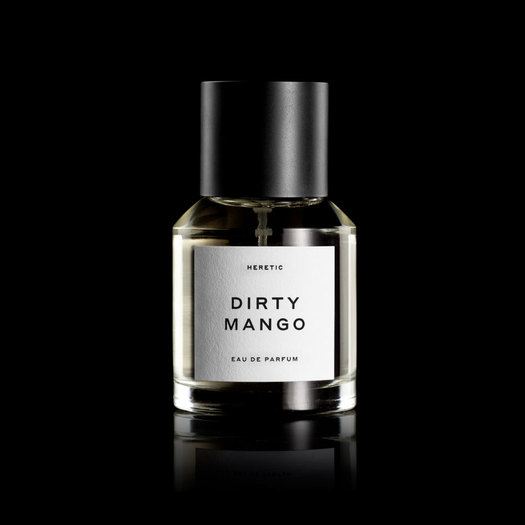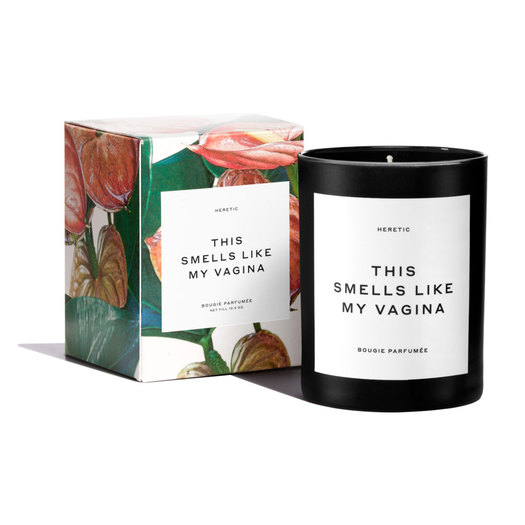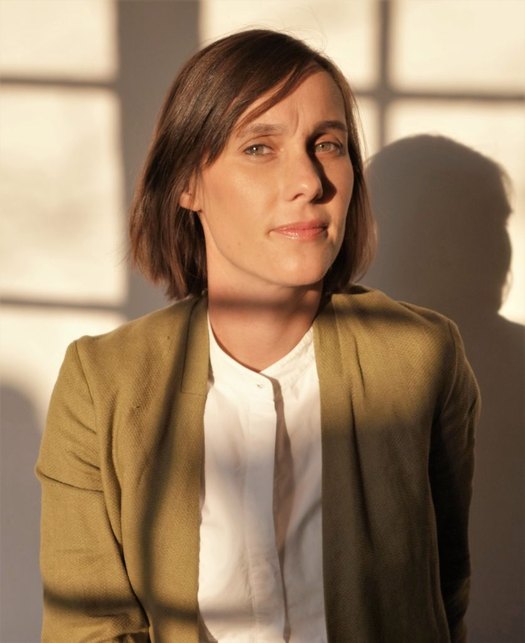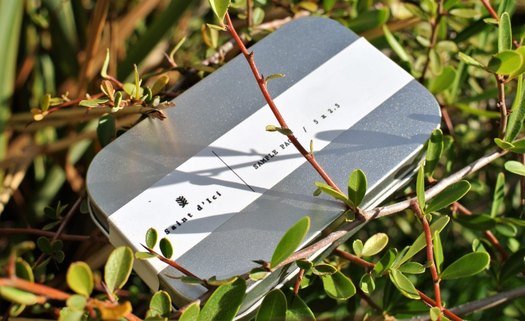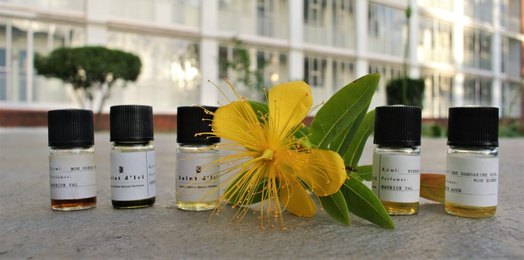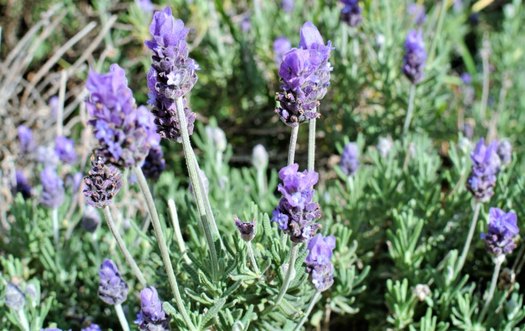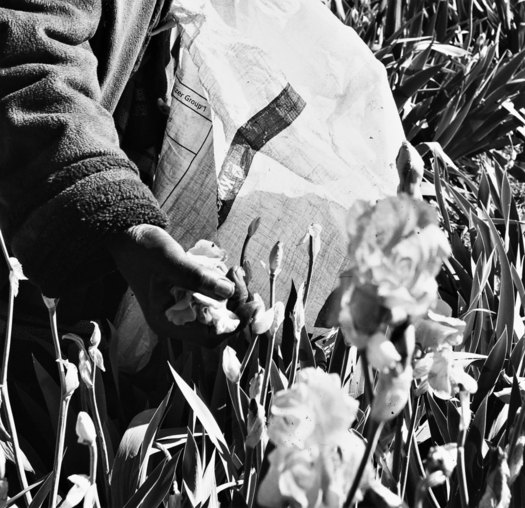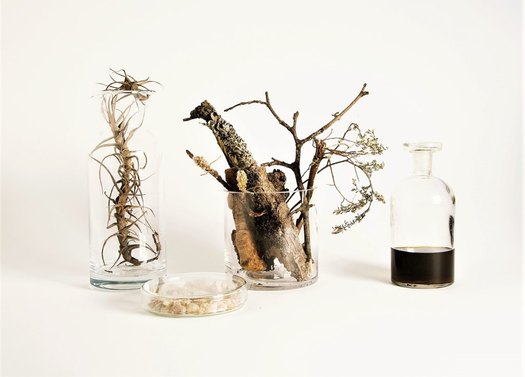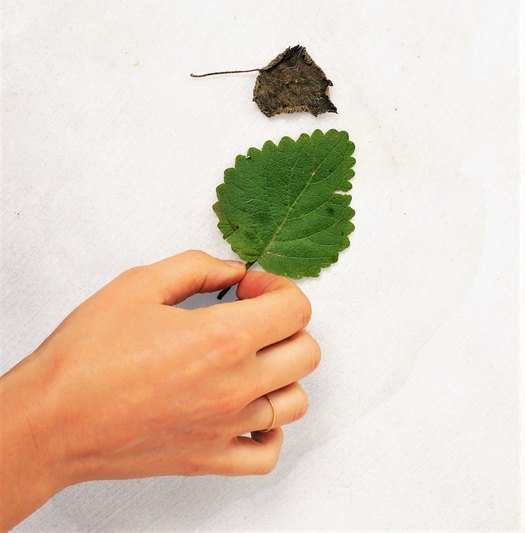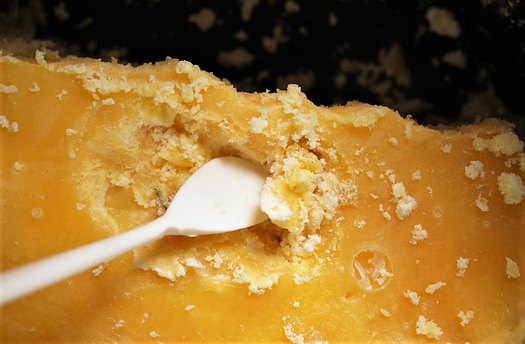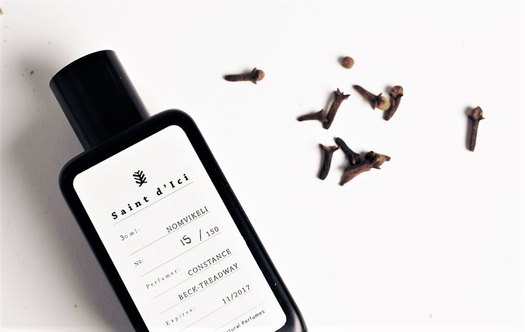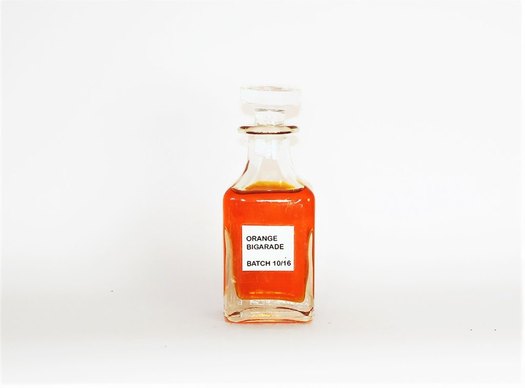Douglas Little achieved a level of infamy Oscar Wilde would have approved of in January 2020. The “This Smells Like My Vagina” candle he created for Gwyneth Paltrow’s lifestyle portal, Goop, got mega media coverage ranging from indignant outrage to ecstatic approval – and sold out along the way (it’s now back in stock here). Such notoriety shouldn’t come as a surprise for a perfumer who named his natural fragrances company Heretic, which he launched in 2016.
Of course, there’s more to Douglas Little than being known as “Gwyneth Paltrow’s perfumer”. After studying at Syndicat National des Fabricants de Produits Aromatiques in Grasse, he founded D. L. & Co.: Modern Alchemists and Purveyors of Curious Goods. It focused on perfumed candles, jewellery and lifestyle products. He later went on to create installations for luxury brands such as Van Cleef & Arpels, Barney’s New York and Bergdorf Goodman. The Californian has also worked with celebrities such as Dita Von Teese, Lady Gaga and Bette Midler.
When I was contacted by Douglas Little’s PR to interview him, his latest collaboration with Gwyneth Paltrow, the “This Smells Like My Orgasm” candle, hadn’t been launched yet. So this interview predates the controversy this new product will undoubtedly create.
I’d like to state that while I haven’t smelled any of the products featured in this blog-post, I get the strong impression that Douglas Little is a highly creative perfumer with a knack for harnessing the power of sensuality, provocative marketing and humour.
So let’s get that question out of the way first. How did the “Smells Like My Vagina” candle get its name?
When I develop fragrances with Gwyneth Paltrow we start with several different essential oils. I also love to show her things that are more radical and experimental.
I was sharing an ingredient with her and she said, “This smells like my vagina”, and of course we laughed hysterically and it became a joke. Gwyneth is the perfect collaborator because she is always open to new ideas.
“Gwyneth is the perfect collaborator because she is always open to new ideas.”
When I first brought the candle to Gwyneth it was intended as a limited release for Goop Summit and it sold out within about 45 minutes. That’s how the vagina candle story got started, in this very humble and innocent way. We certainly didn’t know what the response would be and it’s been exciting to see how people have fallen in love with it.
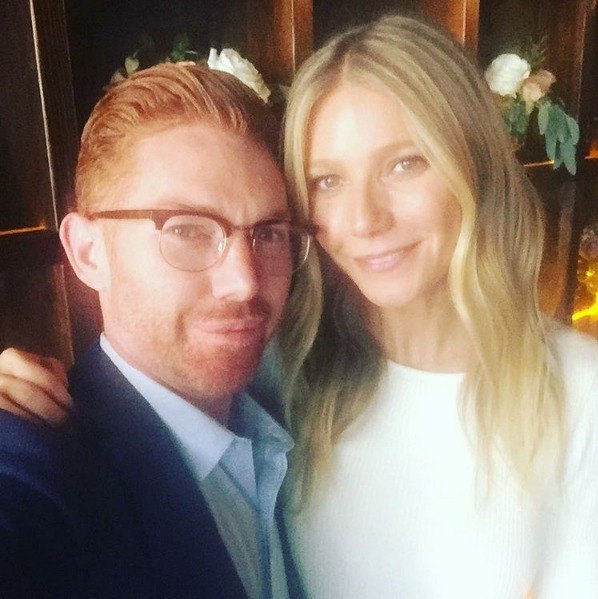
Are you worried this candle will overshadow your other achievements?
Not in the least. “This Smells Like My Vagina” is an interesting product, because it’s one that provokes curiosity. Any stigma that was wrapped around anything relating to the vagina is being felt and this candle encourages healthy conversations and humour.
When did you start working with Goop and are there future projects in the works?
I started working with Goop in 2017. I was hired by Gwyneth to be the nose for her four fragrance editions, Number 1, 2, 3 and 4. We have two really exciting releases coming out this year.
How has the coronavirus affected your work?
It’s been devastating for everyone. It was hard because we had to restructure our team, but we are trying to look at the glass half full. The coronavirus has forced us to look at the important aspects of the business and what makes us unique. We are a fragrance company that creates fragrance made from naturally derived materials.
We’re radically transparent about what we do and are excited to share the healing and functional elements of how fragrance can enhance people’s lives. That’s been a really important conversation during this time.
How do you think the coronavirus is affecting our attitude towards fragrance?
People are paying much more attention to the effects of fragrance and the way it can influence your state of mind. Many of us have gone through various stages of isolation/depression, from being sad to angry to frustrated. These emotions can be altered with fragrance.
Being at home and self-isolated, you miss going out and having a walk on the beach, in the park or in the forest. A candle or a perfume can help shift your point of view for a minute.
“People are looking for the little bits of normality and pleasure, and fragrance has the ability to transport you.”
People are looking for the little bits of normality and pleasure, and fragrance has the ability to transport you. It can help you to relax or to go to sleep, it can transform the room that you’re stuck in all day by lighting a candle or putting on perfume. It’s a very small action that can have a big effect.
You’re known for your love of natural fragrances. Many of my favourite fragrances are defined by their use of synthetics. How would you sell natural fragrances to me? And what do you mean by “natural?”
Natural fragrance is made from 100% naturally derived materials. “Naturally derived” is a term that’s specified by an agency called the ISO, meaning that the product is from a natural source. All of the materials we work with are naturally derived. In other words, they actually have to start out as a natural product.
The difference between natural and synthetic fragrances is that synthetic fragrances last longer. They can have a lot more of what I would call softer nuances to them. But they can also be overwhelming. Synthetics are engineered in a laboratory to be very fragrant, whereas with naturally derived materials, the fragrance is a by-product of the natural material itself. As a result, the fragrances are going to be more subtle, more alive and have more of a real quality to them. It’s easier for people to identify the fragrance notes in naturally derived fragrances than in synthetic fragrances.
“Naturally derived fragrances are going to be more subtle, more alive and have more of a real quality to them.”
The other important reason for naturally derived fragrance is that they are free from the aroma chemicals that are used to make synthetic fragrances. About 90% of the aroma chemicals that are used to make synthetic fragrances are petrol derived.
I wanted to create a product that was dramatically different from anything else that was currently on the market. The main reason people don’t use naturally derived materials on a more regular basis is because of their cost and they don’t necessarily appeal to everyone, whereas synthetic fragrances appeal to a broad audience. They are inexpensive, but can also be toxic.
How do you approach the creation of fragrance? Is it a technical or artistic process for you?
It’s both. I start with a concept. I build off of an idea and then start to figure out how to work with naturally derived materials to create that idea. It’s a two-part process and part of the reason I love fragrance so much is because it is equal parts art and science.
Do you have a philosophy as such? Is your company’s name “Heretic” a reflection of that?
Yes. The reason I chose the name Heretic is because when I first started this company, I wanted to do a line of fragrance derived from 100% natural materials. I was told that I was insane, that it was impossible and would never sell. I was also told that the work of natural perfumery was nothing more than the work of housewives and heretics from a very astute perfume company. It was my mission to prove them wrong.
“I was told that the work of natural perfumery was nothing more than the work of housewives. It was my mission to prove them wrong.”
What will be the key trends in fragrance this decade?
Going back to the basics. As a consumer and watching the habits of consumers, we are all inundated with information. We are moving at such a rapid rate and we’re expected to perform at such a high velocity. There is a need for more simplicity.
For more info on Douglas Little, visit douglaslittle.com and Heretic Parfum. All pics of Douglas Little and associated products supplied.
